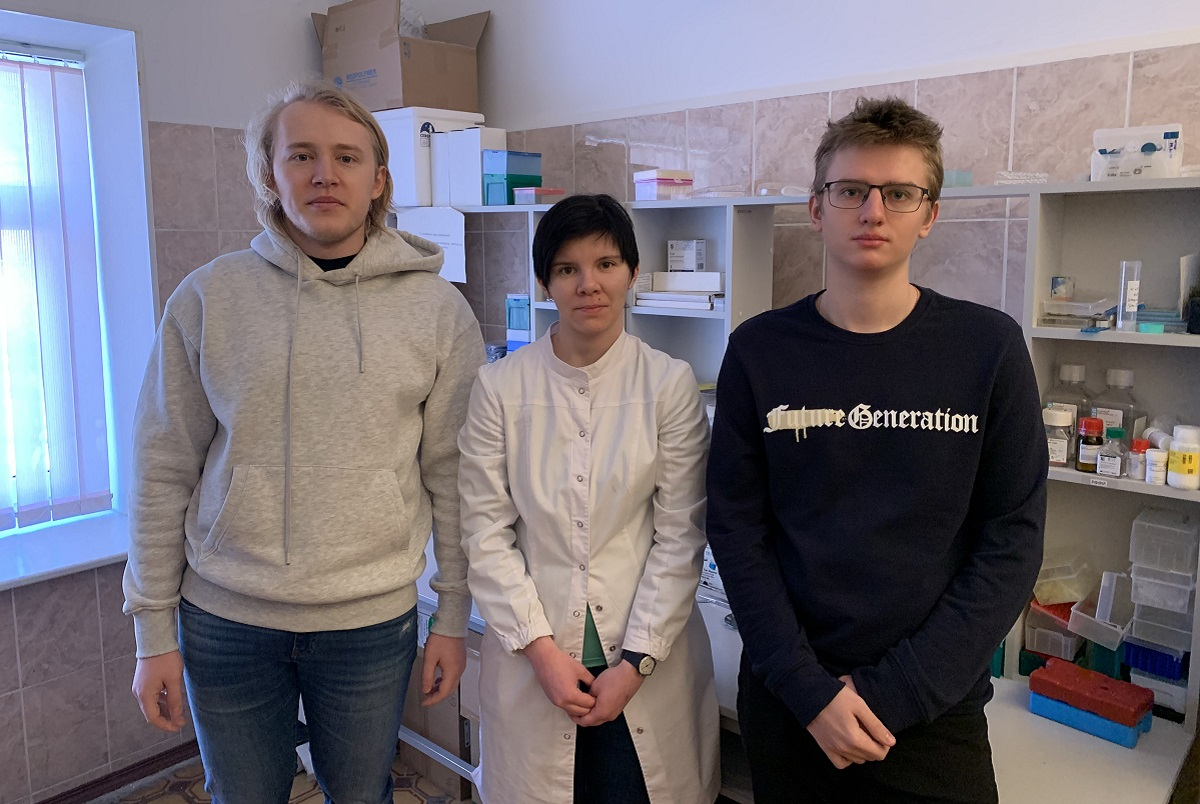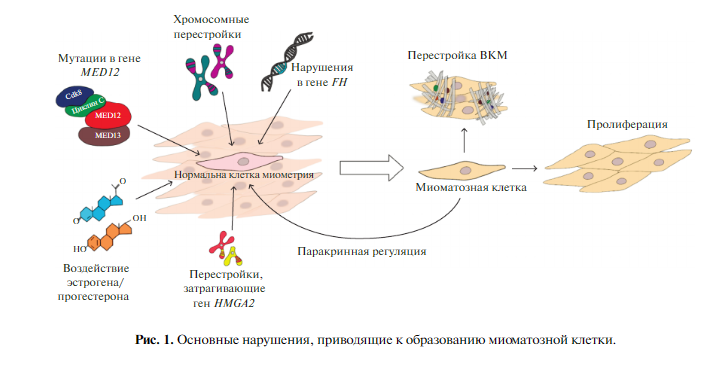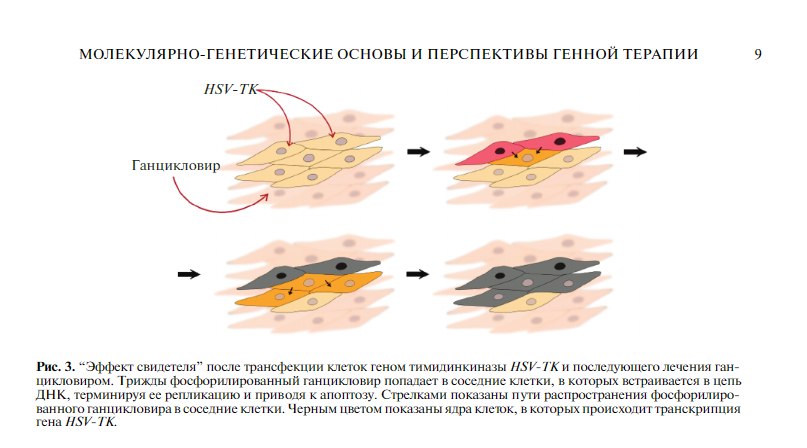‘What is just an injection for consumers is a multi-level research process for us’: participants in the SPbU Start-up contest spoke about their development

The finalists of the SPbU Start-up 2023 contest have developed a technology to minimise surgical intervention in treating tumour diseases. The research is underpinned by the principle of gene therapy as a growing approach to the elimination of uterine fibroids.
The main and common method of treating a benign tumour of the female muscular organ is surgical removal. It can negatively affect the patient’s body: various gynaecological diseases may occur, including infertility.
The authors of the GenomeX project attempted to find a new method to reduce the risks of violations and maintain the effectiveness of the treatment. They developed a non-viral delivery system for nucleic acids that is based on peptide carriers.

‘Most genetic therapy studies have well-known limits: increased immunogenicity and the risk of changing genetic information to name just a few,’ explained Sofia Shtykalova, a doctoral student at St Petersburg University. ‘There are also developments on fibroids, including therapeutic fibroids. Almost all of them are viral and science does not go further due to prevailing risks. In our carriers, the level of these risks is reduced due to the degradability of the compounds, and this is what makes this treatment option more promising.’
The main advantage of biotechnological development is its ability to deliver drugs to the pathological focus without distributing the drug throughout the body, according to Aleksandr Baichikov, the captain of the team. The technology of peptide carriers can be applied not only to treating fibroids, but also to treating other organs and tissues.
The properties of our carriers are in the presence of a special ligand (a ligand is an atom, an ion or a molecule that is bound to another atom and forms a biomolecular complex to fulfil a biological purpose — Editor’s note) − a sequence to target the entire complex specifically to the fibroid cell.
Sofia Shtykalova, a doctoral student in Biology at St Petersburg University
‘If a different ligand is selected, it will be able to deliver products to other cells. The structure can ensure drug delivery to different tissues. If we are to create a targeting system to ensure targeted delivery, we can simply change the ligand and the carrier will also work,’ said Sofia Shtykalova, a doctoral student in Biology at St Petersburg University.
Talking about a multi-level research system that requires a detailed study of the effects of non-viral peptide carriers on tumour cells and careful experiments, the captain of the team also described what the treatment will be like for the patient. ‘It’s just like an injection. A person comes to the clinic. Instead of surgical removal, the clinic makes an injection into the uterus, ideally intravenously. And that is all,’ Aleksandr Baichikov explained their development from the consumer’s point of view.

Balancing between studies and the start-up contest does not seem difficult for the team. They are motivated to succeed and want not only to become the best among this year’s innovative projects, but also to contribute to the development of science. Responsibilities in the team are distributed in accordance with experience, theoretical knowledge and the share of responsibility is assigned to each representative.
It seems to me that we have a very effective division: Aleksandr Baichikov perfectly organises the process as a whole and is responsible for the economic part: communication, attracting investors, and, in principle, thinks about further development prospects. We (Dmitrii Deviatkin and me) focus more on biology. In other words, we are more involved in the development process.
Sofia Shtykalova, a doctoral student in Biology at St Petersburg University
Today, the start-up team also includes Dmitrii Deviatkin from St Petersburg University and Elena Zvezdilina from Lomonosov Moscow State University. The team is engaged in ex vivo research on tissue samples that are close to natural material. They work with the primary fibroid cells obtained directly from patients and on myoma nodes taken after tumour removal. They also aim to improve the technology and entry into the Russian market as a promising developing brand.
The SPbU Start-up interdisciplinary contest is aimed at identifying, stimulating and supporting the development of the most promising projects to create an original, science-intensive and commercially promising start-up. St Petersburg University provides participants with ample opportunities for growth and self-development. In particular, the grant fund includes the training of the finalists of the contest under the non-degree programme ‘Start-up Development Management’ at the Graduate School of Management at St Petersburg University. Its students will master the skills of market research; marketing promotion of products or services; learn to predict risks and minimise their consequences; and acquire other competencies necessary for entrepreneurs. The winners of the contest who have created small innovative enterprises jointly with St Petersburg University will receive support from the St Petersburg University’s Business Incubator.

